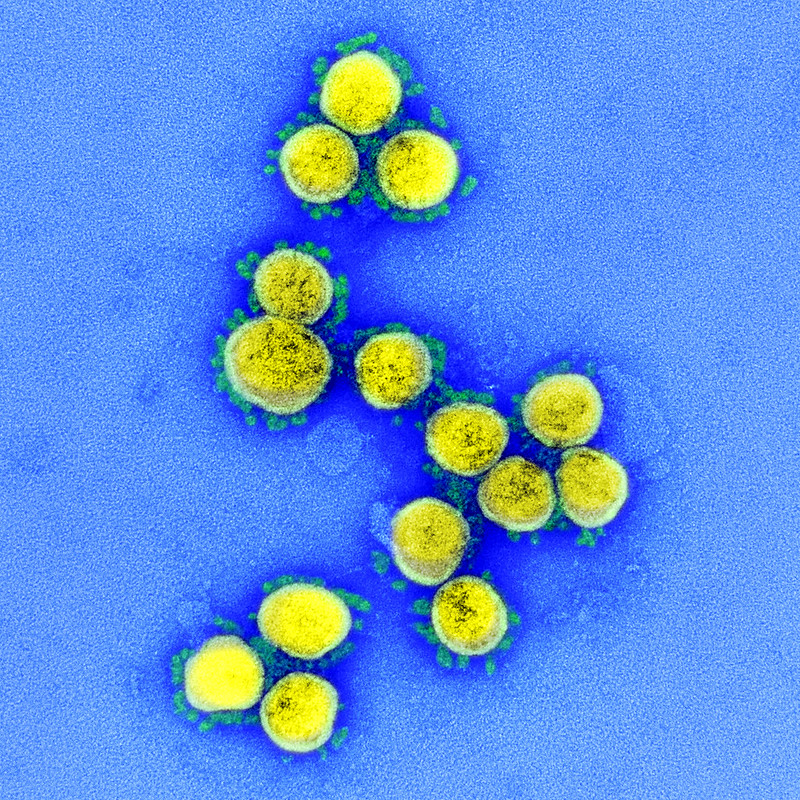Candidate: TNX-1800
Category: VAX
Type: Live modified horsepox virus vaccine for percutaneous administration in in healthy, non-pregnant adults without moderate or severe eczema, to protect against COVID-19
2021 Status: Phase I Eyed for 2022–Tonix said September 13 that it expects to begin a Phase I study of TNX-1800 in the first half of 2022, based on the official written response it received from the FDA from a Type B pre-Investigational New Drug (IND) meeting with the agency. “We have obtained FDA concurrence and clear guidance on the proposed manufacturing, nonclinical pharmacology and toxicology studies, and the Phase I clinical design.” Tonix President and CEO Seth Lederman, MD, said.
Positive Preclinical Results–Tonix on March 17 reported positive results from the second phase of a preclinical study assessing the immunogenicity and protective efficacy of single-dose TNX-1800 at two dose levels in non-human primates, four per dose group. The animals were challenged with SARS-CoV-2 41 days after vaccination, and evaluated on day 47. All eight animals vaccinated with TNX-1800 had undetectable SARS-CoV-2 in their upper and lower airways six days after challenge with SARS-CoV-2, stated Tonix President and CEO Seth Lederman, MD. The research is part of an ongoing collaboration between Southern Research, the University of Alberta and Tonix.
2020 Status: Tonix on November 16 announced preliminary results following vaccination of eight non-human primates with TNX-1800, as part of an ongoing collaboration between Southern Research Institute, the University of Alberta, and Tonix. At day 14 following a single vaccination, all eight manifested “takes”, a skin reaction that is a validated biomarker of functional T cell immunity. The vaccination was also associated with neutralizing antibodies in each case, Tonix said. By comparison, none of the eight control animals vaccinated with TNX-801 (horsepox virus, live vaccine), or any of the four animals in the placebo group, made anti-CoV-2 neutralizing antibodies.
The level of neutralizing anti-CoV-2 antibody production was similar between the low and high dose TNX-1800 groups ((1 x 106 Plaque Forming Units [PFU]) and 3 x 106 PFU, respectively). The results supported the expectation that TNX-1800 at the low dose of 1 x 106 PFU is an appropriate dose for a one-shot vaccine in humans, and indicated that 100 doses per vial is the target format for commercialization, Tonix added.
On July 7, Tonix said it intends to purchase an approximately 40,000-square-foot facility in Massachusetts—the locality was not disclosed–to use as lab space for R&D activities that include developing its COVID-19 vaccines and biologics for other disorders.
Tonix expects its Advanced Development Center to expand and strengthen its capabilities in process and analytical development when it becomes operational, which is expected in 2022. Tonix will buy the facility for $4 million, the company disclosed in a regulatory filing. Tonix said the facility purchase will not affect its work with preclinical testing partner Southern Research Institute or manufacturing partner FUJIFILM Diosynth Biotechnologies (FDB), which is working with Tonix to produce TNX-1800 and a smallpox vaccine, TNX-801.
In June, Tonix said its strategic collaboration with Southern Research Institute had expanded to include a study of T cell immune responses to SARS-CoV-2 in volunteers who have recovered or remain asymptomatic after exposure to COVID-19. Tonix said the partners are collaborating to develop and conduct animal testing of TNX-1800, and that data from their research will support the interpretation of animal trial results with TNX-1800, which are expected in the fourth quarter of 2020, as well as subsequent human trials.
Also in June, Tonix announced its partnership with FDB, which agreed to provide contract manufacturing and development services to support the production of TNX-1800 for clinical trial supply. Under the partnership, whose value has not been disclosed, FDB agreed to develop a manufacturing process for TNX-1800, as well as manufacture and stock the vaccine at FDB’s College Station, TX, contract manufacturing facility, designed to support production on multiple scales as candidates advance from clinical stages into commercialization.
In March, Tonix announced its partnership with Southern Research to develop and test TNX-1800. Tonix said it planned to test whether vaccination of animals with TNX-1800 will elicit an immune response to the SARS-CoV-2 Spike protein and if so, whether such an immune response will protect animals against COVID-19-like disease.
TNX-1800 is also being developed as a potential smallpox preventing vaccine for the U.S. Strategic National Stockpile, and as a monkeypox preventing vaccine.
COVID-19: 300 Candidates and Counting
To navigate through the >300 potential therapeutic and vaccine options for COVID-19, GEN has grouped the candidates into four broad categories based on their developmental and (where applicable) clinical progress:
● FRONT RUNNER – the most promising therapeutics/vaccines based on clinical progress, favorable data or both.
● DEFINITELY MAYBE – earlier phases with promising partners, or more advanced candidates in development that have generated uneven data
● KEEPING AN EYE ON… – interesting technology, attracting notable partners, or both, but preliminary data.
● TOO SOON TO TELL – longshots pending additional experimental and/or clinical data.
GEN has also tagged the most common treatment types:
● ANTIVIRAL
● VAX
● ANTIBODY
● RNA



